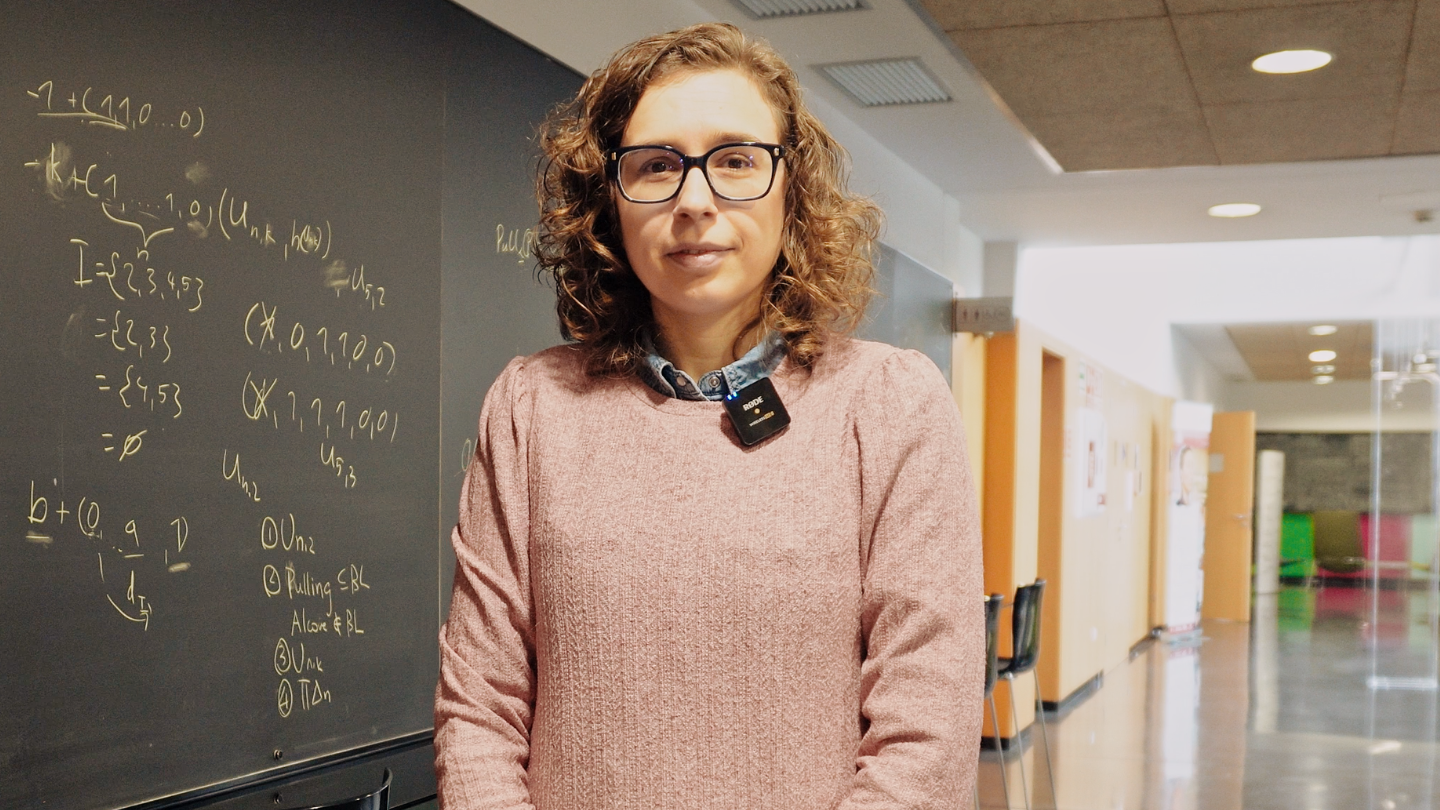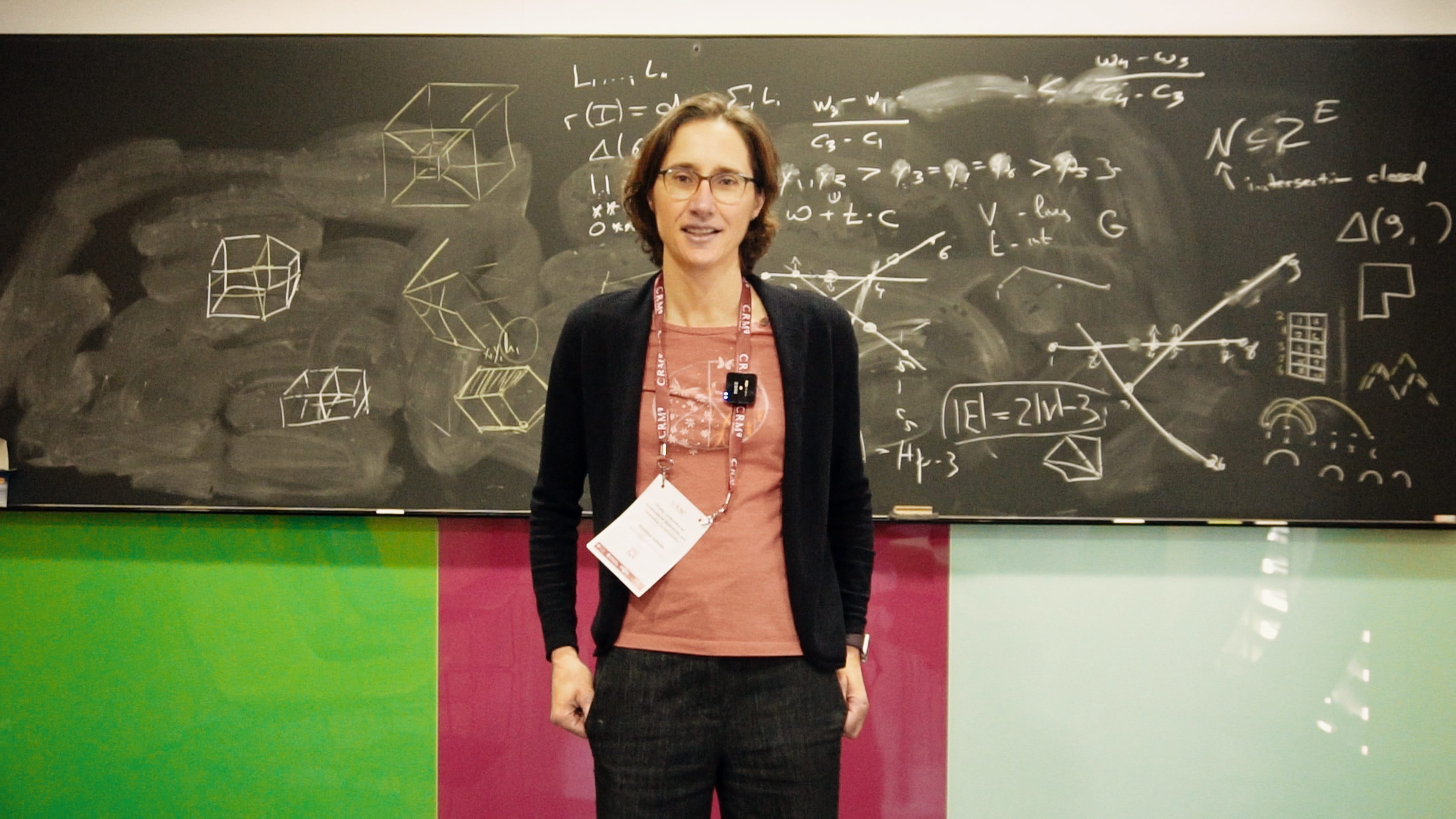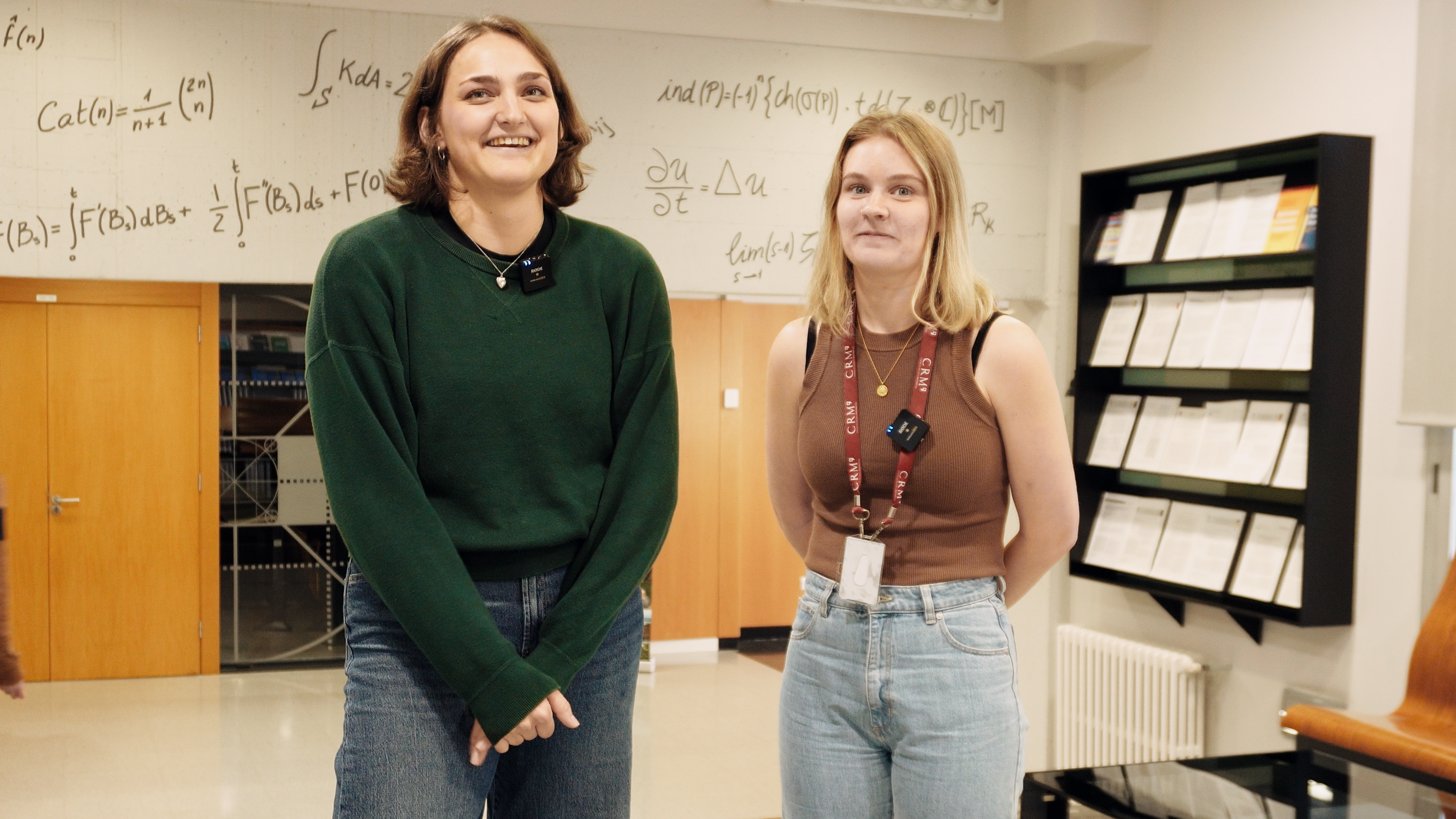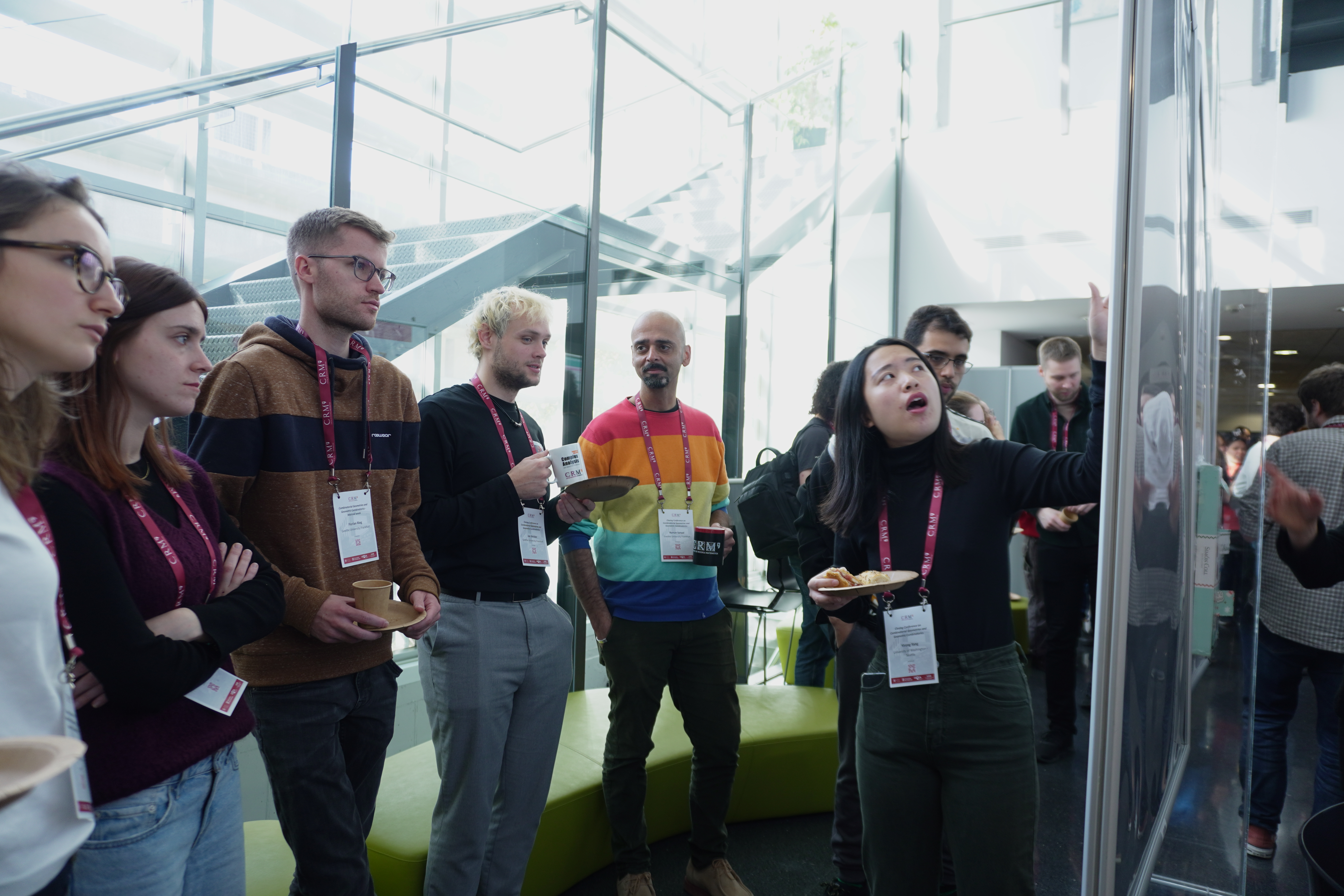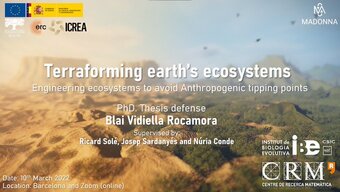
Blai Vidiella Rocamora is currently a researcher at the Nonlinear Dynamics and Evolution (NoDE) Lab at CRM.
“Terraforming Earth’s ecosystems: engineering ecosystems to avoid anthropogenic tipping points“.
Supervisors: Ricard Solé (UPF), Josep Sardanyés (CRM) and Núria Conde (UPF).
Terraformation is a concept that originated in science-fiction literature, in which a non-habitable planet can be transformed into one that is similar to Earth. Nature is currently changing fast, with the poles melting, ocean biodiversity vanishing due to plastic pollution, and deserts spreading at an uncontrollable rate due to the climate crisis.
This thesis is a first step towards the development of new techniques to combat the harmful tendencies that endanger ecosystems. These techniques are not only based on the introduction of new species, but also on the engineering of autochthonous microbial species that are already adapted to the environment. When they are reintroduced, such engineering may strengthen their functions and capabilities, helping them to recover the (host) ecosystem. Microbes should be able to cause a bottom-up change in the ecosystem from the micro-scale to the macro-scale, thanks to these new designed functionalities. To accomplish this, the Terraformation strategy must bring together many different fields of research. The focus of this thesis is on the study of the outcomes of species-environment interactions (Ecology), achieving desired modifications through genetic engineering of wild-type species (Synthetic Biology), and monitoring the evaluation of current ecosystem states, testing possible changes, and predicting the future development of possible interventions by means of mathematical modeling (Dynamical Systems).
The methodology is based on loops between observation, designing, and prediction. A model is performed to understand the different possible dynamics by means of dynamical equations. Also, spatial models have been studied to predict their ability to modify the spatial organization of vegetation. The type of transition underlying the occurring tipping point determines the transient dynamics. As a result, a variety of systems are investigated in this thesis, including vegetation dynamics with facilitation (typical of drylands), cooperator-parasite systems, and a trophic chain model in which various human interventions can be tested. All of these systems are shown to promote different types of transitions and each of them has its own dynamical fingerprint. Therefore, knowing them can help monitoring and anticipate these transitions even before they occur, taking advantage of the so-called early warning signals.
In this work, it is found that transients can be a significant phenomenon in today’s rapidly changing environments. Ecosystems that we witness can be caught in a seemingly stable regime but are actually in an unstable state that will lead to a future abrupt collapse.

Image representing the complexity of tipping points as illustrated here by a catastrophic transition. The melting clock reminds us of the presence of long delays and transients dubbed ’ghosts’ in bifurcation theory (drawing by Ricard Solé, 2021).
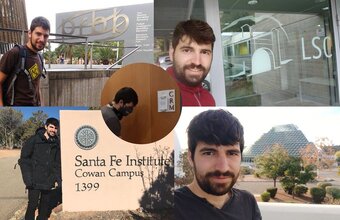
In this Image, Blai Vidiella Rocamora with the institutions that have made possible his research, from left to right: Complex Systems Lab at Parc Recerca Biomèdica Barcelona (PRBB), Laboratorio Subterráneo Canfranc (LSC), Santa Fe Institute, Biosphere 2 and the Centre de Recerca Matemàtica (CRM, middle photograph).

CRM Comm Team
Anna Drou | Paula Lomascolo | Pau Varela
Seeing Through Walls: María Ángeles García Ferrero at CRM
From October to November 2025, María Ángeles García Ferrero held the CRM Chair of Excellence, collaborating with Joaquim Ortega-Cerdà on concentration inequalities and teaching a BGSMath course on the topic. Her main research focuses on the Calderón problem,...
Fuel Cells, Filtration, and Decades of Collaboration: A Conversation with Brian Wetton
Brian Wetton, from the University of British Columbia, spent last October at CRM collaborating with Tim Myers on computational models for filtration systems. His career has evolved from pure numerical analysis to applied mathematics with industrial partners, working...
From Barcelona to West Bengal: Chemistry Meets Mathematics to Enhance Water Filter Design
Researchers at the Centre de Recerca Matemàtica, in collaboration with IIT Kharagpur and UPC, have developed a mathematical model that accurately predicts the performance of fluoride-removal water filters made of mineral-rich carbon (MRC) and...
Polytopes, Matroids, and the Friends You Make: Martina Juhnke on Two Months at the CRM
The Centre de Recerca Matemàtica recently hosted a research programme on Combinatorial Geometries and Geometric Combinatorics, focusing on the overlap between polytopes and matroids. Martina Juhnke, a member of the scientific committee, reflects on how this programme...
BAMB! 2025: Participants Return to the CRM for Research Stays
In October 2025, the Centre de Recerca Matemàtica hosted Josefine Meyer (ISTA) and Cate MacColl (University of Queensland) for a month-long research stay following their participation in the BAMB! Summer School. Despite studying vastly different subjects, from...
Connecting Shapes, Patterns, and Ideas: the Closing Conference on Combinatorial Geometries and Geometric Combinatorics
During five days, the CRM hosted the Closing Conference of the MDM Focused Research Programme on Combinatorial Geometries & Geometric Combinatorics. The event featured plenary talks, contributed sessions, and posters on topics from matroids and polytopes to...

